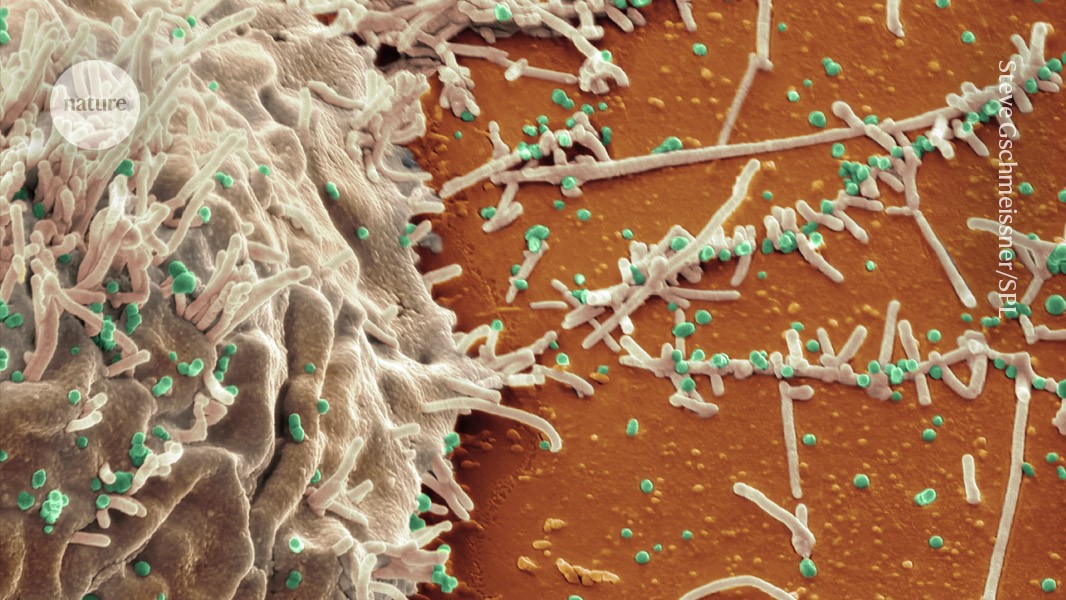
"Researchers are increasingly developing antibody therapies to treat infectious diseases. Therapies are being designed to reduce the severity of infections such as bird flu, and cure chronic conditions such as HIV. Synthetic antibodies could also make vaccines for diseases such as COVID-19 more effective. Antibodies are part of the immune system's defence against infection. Scientists produce synthetic versions by combining B cells from mice and human cell lines. Most approved antibody drugs are for cancers and autoimmune diseases."
"For H5N1 avian influenza, Zhou and his colleagues have developed an antibody that has two targets: the stem region of proteins on the surface of the virus and receptors on a person's cells. In cell-based experiments, they found that the antibody neutralized multiple live strains of the bird flu virus and was superior to a model monoclonal antibody - which targets only one specific antigen - at stopping viral particles from attaching to or entering cells."
Antibody therapies are being developed to treat infectious diseases and reduce severity of infections like bird flu and chronic conditions such as HIV. Synthetic antibodies can enhance vaccine effectiveness for diseases including COVID-19. Most approved antibody drugs target cancers and autoimmune diseases. Monoclonal antibodies are used against severe viral infections such as Ebola, RSV, and SARS-CoV-2. Viral mutation has limited antiviral antibody effectiveness, especially for avian influenza and COVID-19. A dual-target antibody for H5N1 binds both viral stem proteins and host-cell receptors, neutralizing multiple live strains and outperforming single-target monoclonal antibodies in cell experiments. Protection duration and potential for escape mutations remain unclear.
Read at Nature
Unable to calculate read time
Collection
[
|
...
]